Evergrande debt bomb officially collapses
On January 29, a court in Hong Kong ruled that Chinese real estate giant China Evergrande must liquidate its assets to resolve its $300 billion debt because it could not come up with a reasonable restructuring plan.
The decision came after the trial was delayed for months, extended seven times over the past year and a half.
Evergrande's assets are estimated at 240 billion USD, but its debt is more than 300 billion USD. This is also the company with the heaviest debt burden in the world .
Evergrande has been in default on international financial markets since late 2021. Over the past two years, the group has been trying to convince creditors to agree to its restructuring plan, but they have encountered difficulties when their leaders and main branches in China are investigated.
With this decision, Evergrande shareholders could lose everything. The assets of the once richest man in China - Xu Jiayin, founder of China Evergrande Group, could be reduced to zero.
Previously, according to data from the Bloomberg Billionaires Index, Hui Ka Yan's net worth has dropped below $1 billion since October 2023. The real estate tycoon who invested in cars, football and was abandoned by his wife will be left empty-handed.
Mr. Hui Ka-yin was once the second richest person in Asia with a fortune of 42 billion USD. Before Evergrande was designated for dissolution, Mr. An lost 99% of his assets. Since being traded again on the Hong Kong Stock Exchange (HSE) at the end of August 2023, the stock price has dropped 90% to 0.02 USD/share.
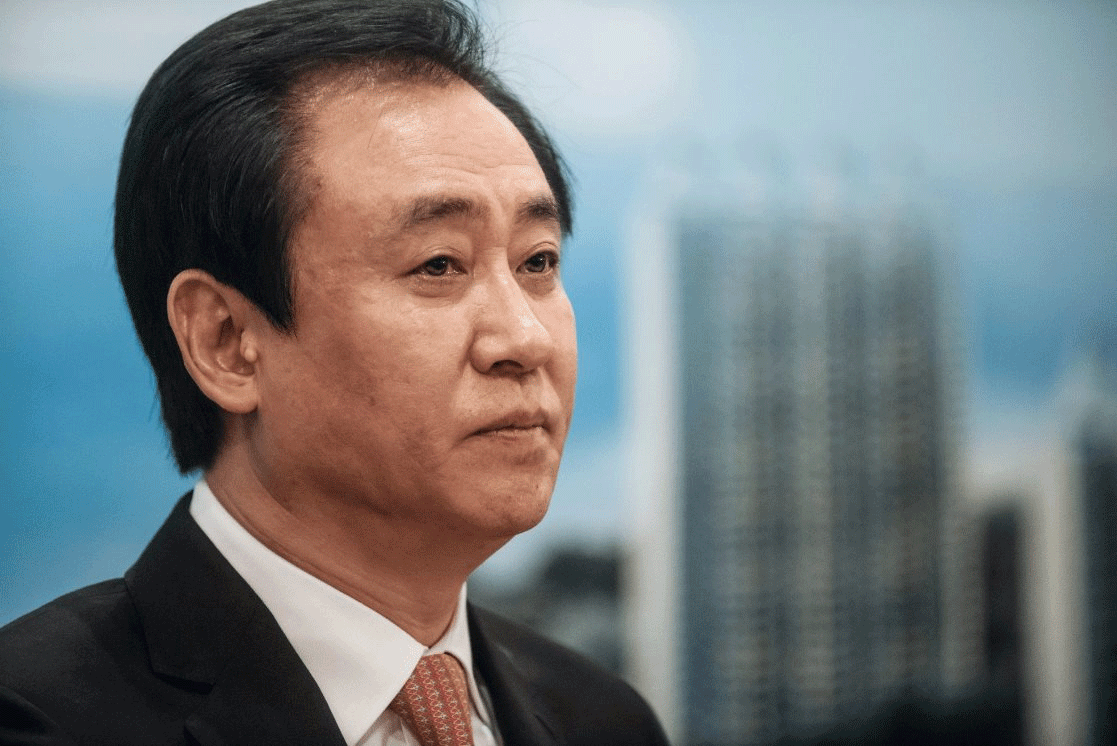
The decision to dissolve and liquidate Evergrande's assets could have a more serious impact on China's stock and real estate markets.
Currently, Chinese real estate is at a nine-year low, while the stock market is also at a five-year low.
What many experts fear is that Evergrande’s collapse could shatter the dreams of many Chinese people getting rich, thereby affecting investment and consumer confidence. It would drag China’s economy down even further. Historically, Japan has needed a decade to revive its economy after such major shocks. In China, the recovery could be quicker thanks to political efforts, but it could also be protracted.
The decision to let Evergrande collapse also shows Beijing's orientation of accepting the death of "zombie" corporations that can no longer bear the burden.
On Reuters , Andrew Collier, Director of Orient Capital Research, said that Evergrande's bankruptcy is a signal that China is willing to go to the end to end the real estate bubble. This may have a positive impact on the economy in the long term, but will cause difficulties in the short term.
Currently, Evergrande shares are suspended from trading. The process of liquidating Evergrande's assets is considered complicated.
'Fall off the horse' because of car ambition and football passion
Evergrande was founded in 1996 by billionaire Xu Jiayin, and is one of the largest real estate companies in China, with numbers that startle investors because of its rapid growth rate: 1,300 projects in 280 cities, 200,000 workers and indirectly maintaining 3.8 million jobs each year.
Not only has it developed explosively in the real estate sector, Evergrande has also expanded into other fields such as electric vehicles, tourism, sports, amusement parks, food and beverages... In 2020, Evergrande bought a football team and built the world's largest football school, at a cost of 185 million USD and plans to build the world's largest football stadium with a total investment of 1.7 billion USD, with a capacity of 100,000 spectators.
With the prestige of a giant, Evergrande raised tens of billions of dollars when it announced its jump into the electric vehicle sector despite having no experience in automotive technology. Evergrande announced that Evergrande NEV would surpass the world's number 1 electric vehicle company, Tesla, even though its revenue is still zero. This electric vehicle company was once valued at up to 120 billion USD, double that of its parent company, higher than large traditional automakers such as Ford and General Motors.
For many years, Evergrande has been spreading its investments and moving away from its core business.
At his peak in 2017, Hui Ka-yin had a net worth of $42 billion, making him not only the richest man in China but also the second richest man in Asia. Hui became wealthy thanks to a decade of booming growth in China's real estate market.
However, the crisis in the real estate market in recent years has caused Evergrande to continuously encounter troubles, becoming the most indebted real estate company in the world and standing on the brink of the abyss. Evergrande's new CEO and CFO were arrested in September 2023, while the company continuously announced that it could not pay its maturing bonds.
Evergrande fell into crisis from mid-2021 like many other real estate businesses in this country.
The Beijing government's policy of tightening lending activities to ensure the safety of the banking system and avoid a real estate bubble has caused difficulties for real estate businesses. That is the "three red lines" policy of the Chinese government.
Evergrande is known as a group that uses huge financial leverage to develop projects and do business in many fields. The total debt of this group is about 340 billion USD, equivalent to 2% of China's GDP.
The Beijing government has maintained a policy of shared prosperity, curbing rising real estate prices to create cheaper housing for the people. However, this policy has also created a rare crisis in the world's second largest economy.
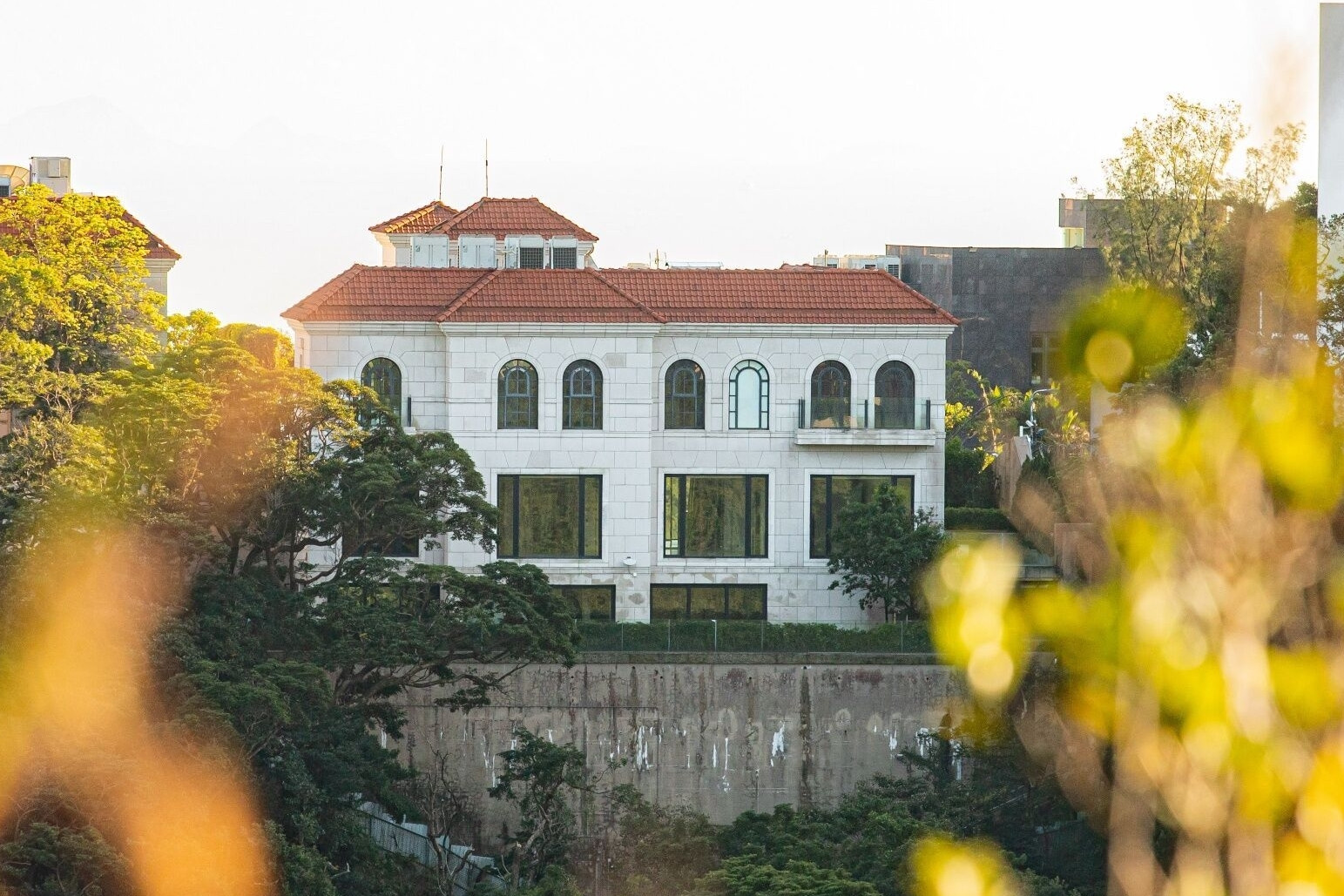
Source


![[Photo] Prime Minister Pham Minh Chinh chairs meeting on railway projects](https://vphoto.vietnam.vn/thumb/1200x675/vietnam/resource/IMAGE/2025/10/23/1761206277171_dsc-9703-jpg.webp)


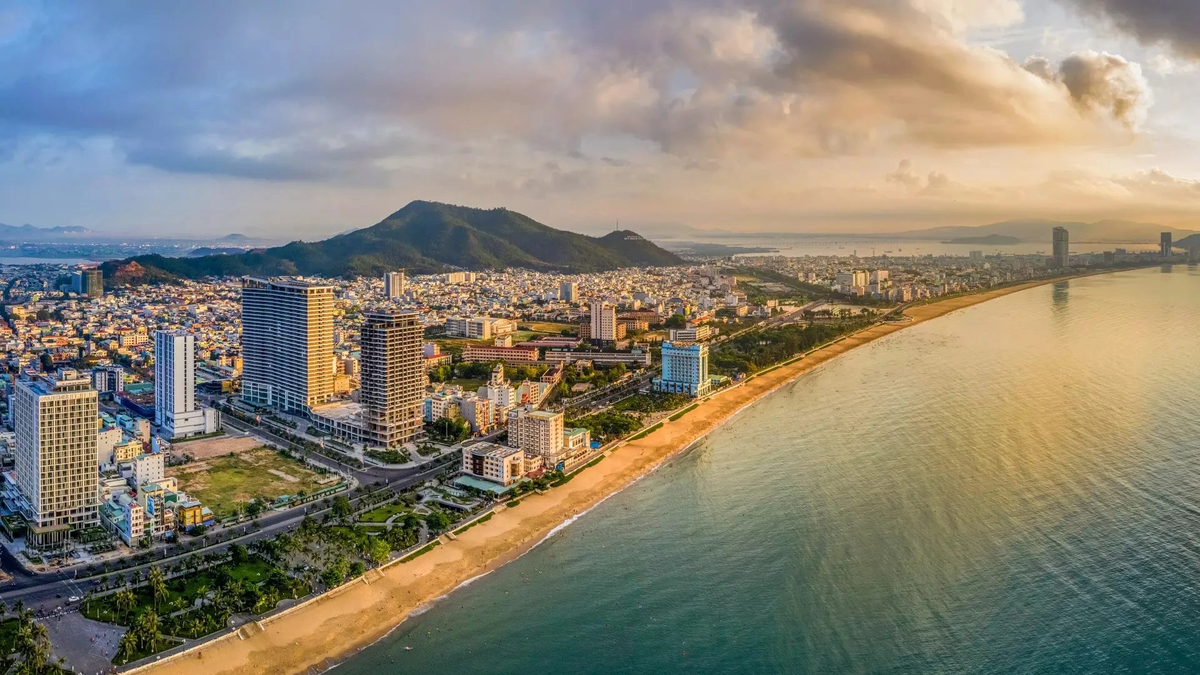




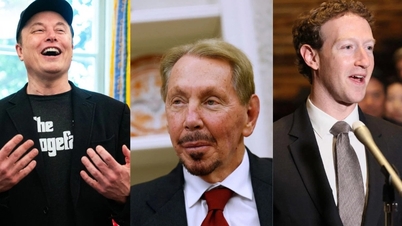
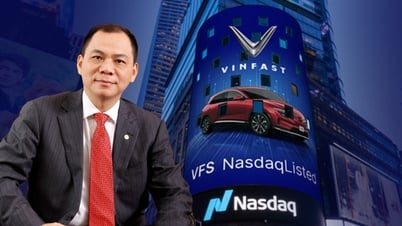
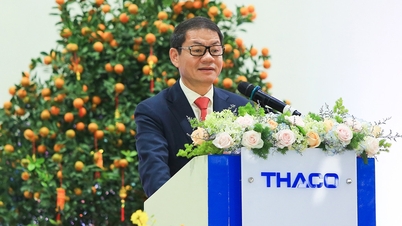



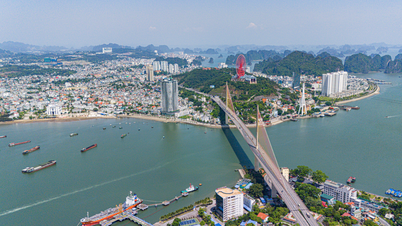
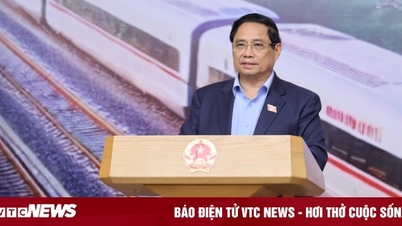

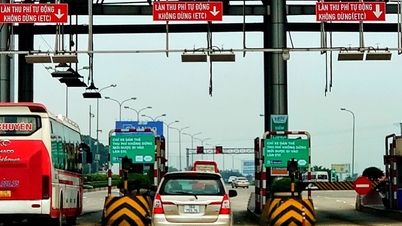

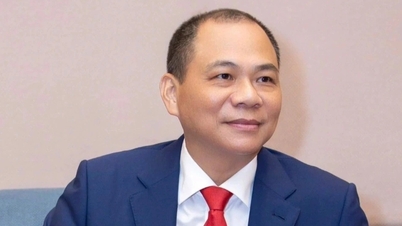
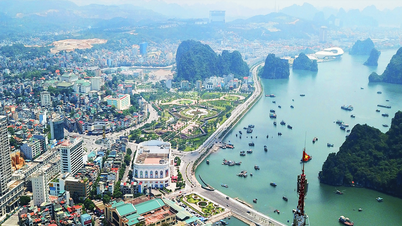





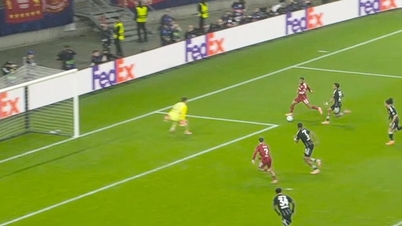
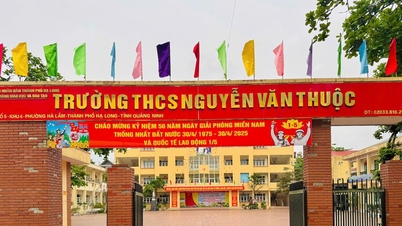
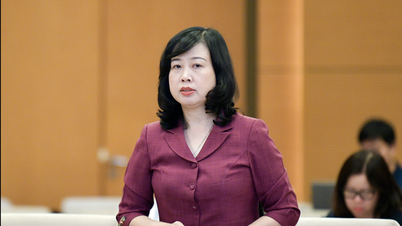

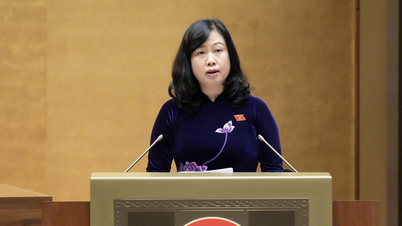



































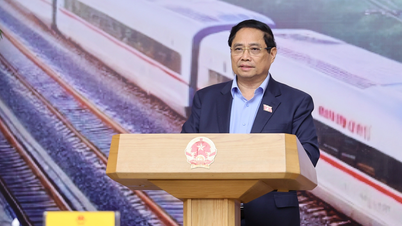

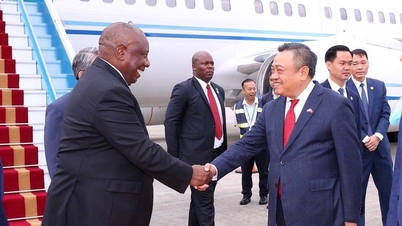

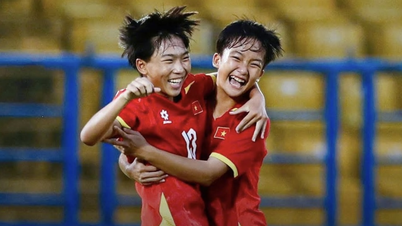
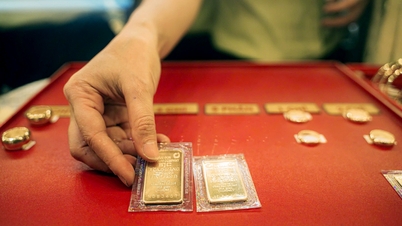




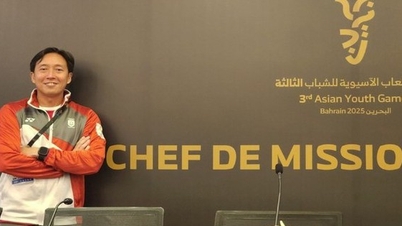

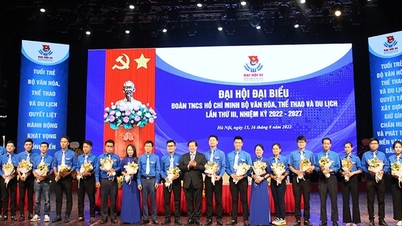


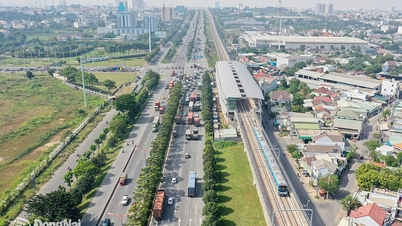


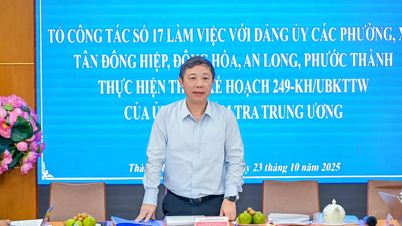

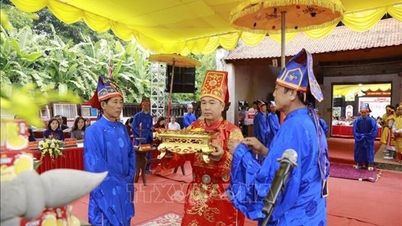














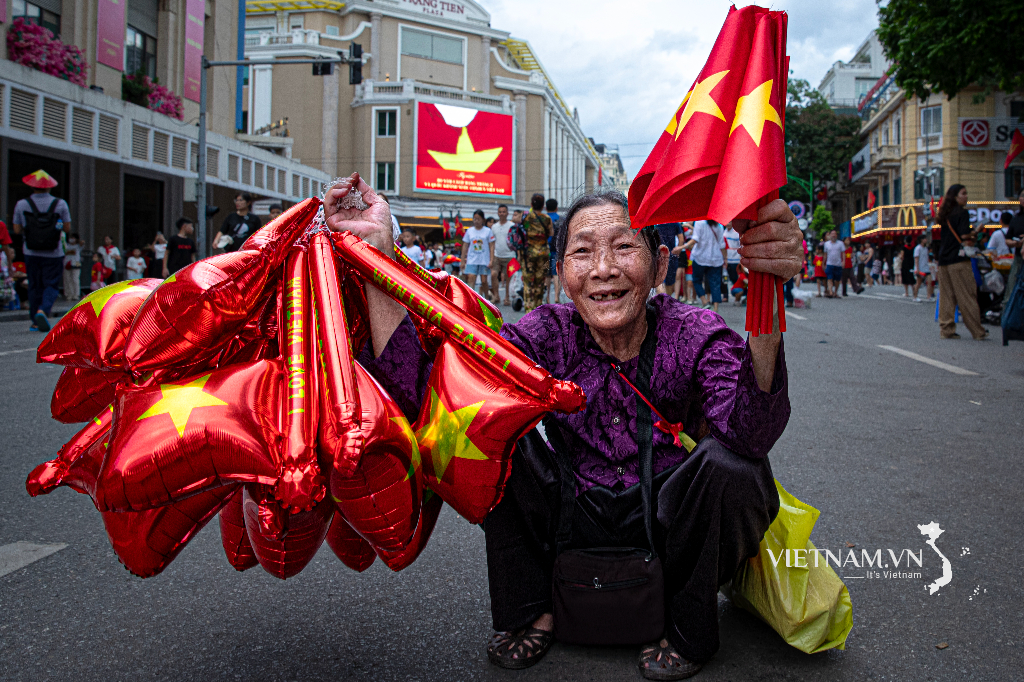



Comment (0)